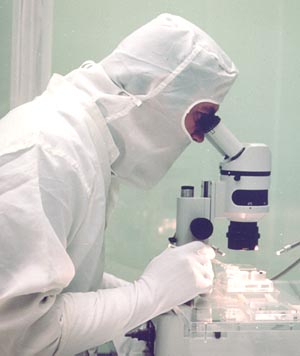5 Reasons to Become A Research Scientist


The stereotypes of scientists are not usually kind ones. Scientists are portrayed in popular culture as either socially inept nerds or obnoxiously knowledgeable about technological issues. They’re the people you go to if you have a computer question – anything from what is an ultrabook to why won’t my laptop start – or if you want to know about the latest video game trends. Needless to say, these stereotypes don’t reflect the diverse group of people who call themselves scientists. They are people just like the rest of us, in fact.

Why would you want to become a research scientist, anyway? Here are five reasons:
1. International opportunities for work. Training as a research scientist opens doors for you in multinational companies. The working language in most of these companies is English, so the immediate difficulties of relocating are tempered slightly.
2. Flexible working conditions. Science isn’t precisely a 9 a.m. to 5 p.m. job, but in the standard laboratory environment people will rarely work antisocial hours or extended shifts. In most large companies there is a relaxed approach to working times: it is fine to come in earlier or later, just as long as you clock up the right number of hours by the end of the week or month.
3. Continued opportunities for learning & training. If you enjoy learning new things and developing an area of expertise, you will find opportunities for both in a research lab. There will always be training on offer to master a new piece of equipment. Large companies might also invite in high-profile scientists to talk about their latest research and exciting developments in your particular scientific field.
4. Interesting career progression. You may love working in the lab and never want to leave. That’s fine – you can train to become a scientific specialist. You may grow tired of being in the lab and wish to migrate to an office. That’s fine, too – entry-level scientist is the starting point for most careers in a research company. Intellectual property, management, finance, quality assurance – these are all avenues you can choose to pursue as your level of experience grows.
5. Not your typical office job. You won’t be stuck in front of the computer all day when you’re a scientist. A lot of time will be spent in the laboratory carrying out practical work. If you like being hands-on and active during the day, then perhaps this is a career for you?
So there you have it in a nutshell – the opportunities that await you if when you consider a career in the research industry.
